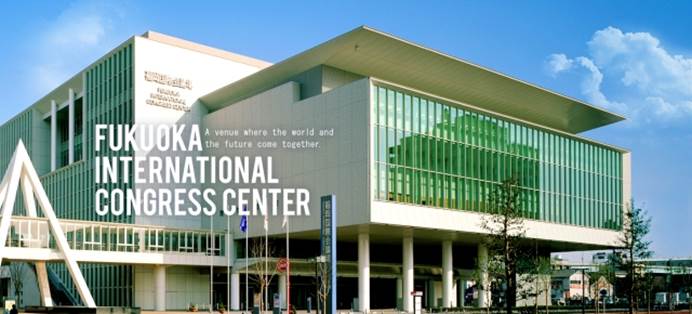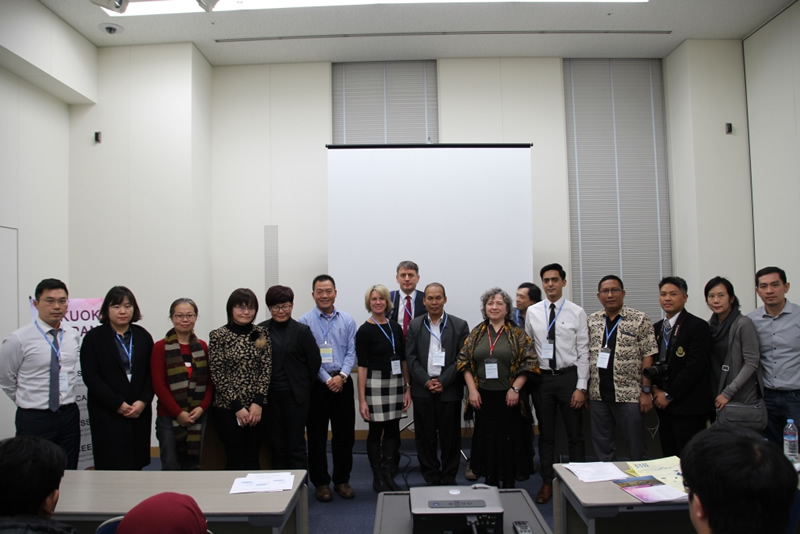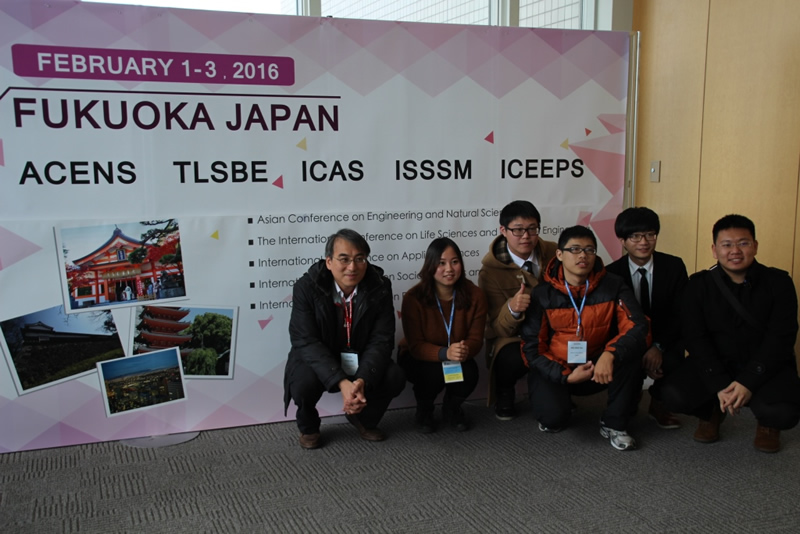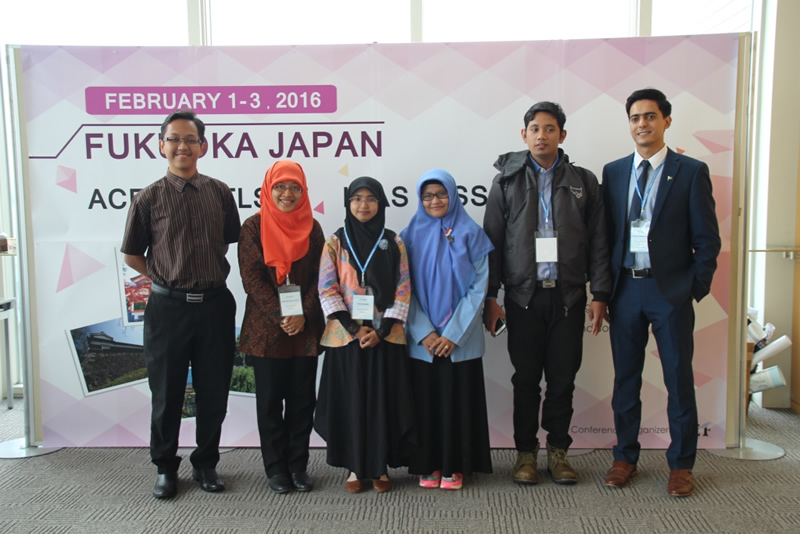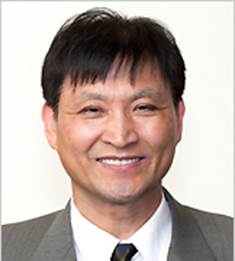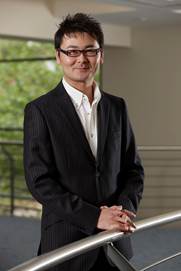2016 ISSSM
International Symposium on Social Sciences and Management
February 01-3, 2016, Fukuoka, Japan
Keynote Speech
Sangho Kim
Ritusumeikan Asia Pacific University
Topic: Recent Productivity Growth across the World
Summary of Keynote Speech
We apply a stochastic frontier production model to data from 53 countries during 1991-2003 to estimate total factor productivity growth, and decompose it into technical efficiency change and technical progress. Our empirical results indicate that world productivity growth was led by fast-growing newly emerging economies, whereas most developed countries experienced a decrease in productivity growth. Our results also show that technical efficiency change significantly contributed to economic growth for many fast-growing countries, even though emerging economies still lag far behind developed countries in terms of technical efficiency.
Keynote Speaker
Dr Hiroshi Hasegawa
Curtin University
Topic: Critical analysis of enhancing education with ICT:Trends, characteristics and challenges
Summary of Keynote Speech
Information and Communication Technology (ICT) plays a pivotal role to the implementation of flexible teaching approaches in various academic courses. Legislation is in place to facilitate online courses and instruction by many institutions of higher education, however, an appraisal of the beneficial and detrimental impacts of online learning could help to create more effective learner-centred, rather than teacher-centred, online programmes. It is still debatable as to whether or not ICT automatically fulfils the requirements of a learner-centred paradigm (created solely by ICT enhancements). It is important to acknowledge the fact that students as well as academic and administration staff remain cautious about the implementation of ICT, especially where educational environments are transformed simply for the sake of incorporating ICT. If a fast-study approach is to be implemented, it must be done so carefully to avoid metamorphose the learning environment back into a teaching-centred environment (under the pretence of a learning-centred paradigm). This presentation explores empirical and practical challenges in the practice of ICT oriented tertiary education in Australia, reflecting the voices of those involved in these areas. This analysis focuses on the teaching, learning and administrative management aspects of ICT-oriented learning. Firstly, it delves into the little-known teaching-related drawbacks of ICT engagement, with reference to specific academic fields and their respective aims. Secondly, it highlights the core dilemmas that derive from the behavioural patterns of contemporary students and their interaction with ICT. Thirdly, it focuses on the challenges that academic staff are confronted with concerning ethics and academic integrity when working in an ICT-oriented teaching environment. Finally, this presentation suggests strategic methods for improving the integration of modern ICT use in education, thus maximising its benefit.
About the Speaker
Graduate Diploma in Education (Language Teaching), Master of Education Studies (LOTE), Master of Education (TESOL), PhD in Education
Dr Hiroshi Hasegawa is a Senior Lecturer in the School of Education at Curtin University in Western Australia. He coordinates and teaches undergraduate units pertaining to Japanese (as a second language) and culture, and supervises postgraduate students and students completing their teaching practicum. He has extensive teaching experience from the primary to tertiary level.
Dr Hasegawa has contributed as a member of various panels and committees, including the tertiary entrance examination of Japanese as a second language in Western Australia, the school language advisory committee of Western Australian Catholic schools, and editorial panel of international academic journals. His research interests include second/foreign language education, ethics in education, and enhancement of education through ICT-led educational reform.
Venue
Fukuoka International Congress Center福岡国際会議場
2-1 Sekijo-machi, Hakata-ku, Fukuoka City 812-0032
TEL: 092-262-4111
FAX: 092-262-4701
